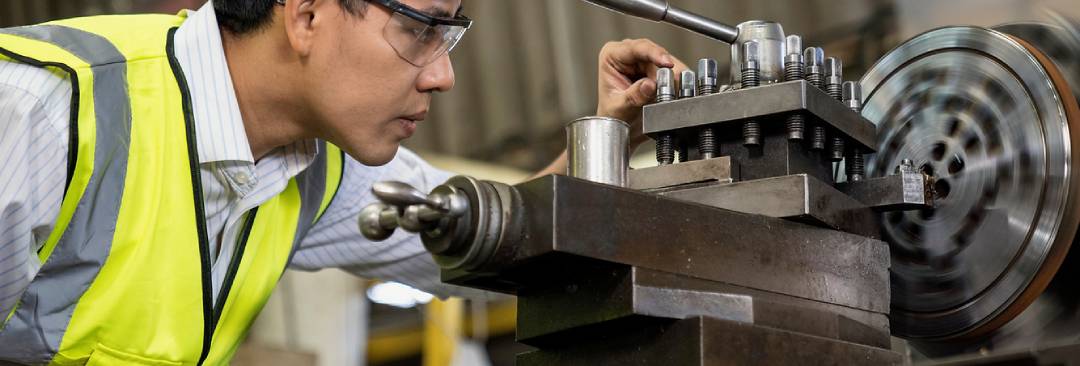Menu

To meet the specified criteria for the Engineering - Mechanical Trade Recognition of Prior Learning (RPL) program, candidates must have a solid foundation of practical industry experience. Here are some key points summarizing the requirements:
By meeting these criteria, candidates can demonstrate their readiness and competence to pursue the Engineering - Mechanical Trade qualification through the Recognition of Prior Learning program.
According to NSW Fair Trading, to become registered as a Mechanical Engineer, applicants with the relevant knowledge and industry experience in work related to devices, machines, structures and systems involving mechanical elements must hold a qualification in either mechanical engineering ;or, Engineering.
Tradies who are looking for new opportunities to advance their careers can consider:
For information on the Certificate III in Engineering - Mechanical Trade and for the full list of units of competency, please visit training.gov.au
